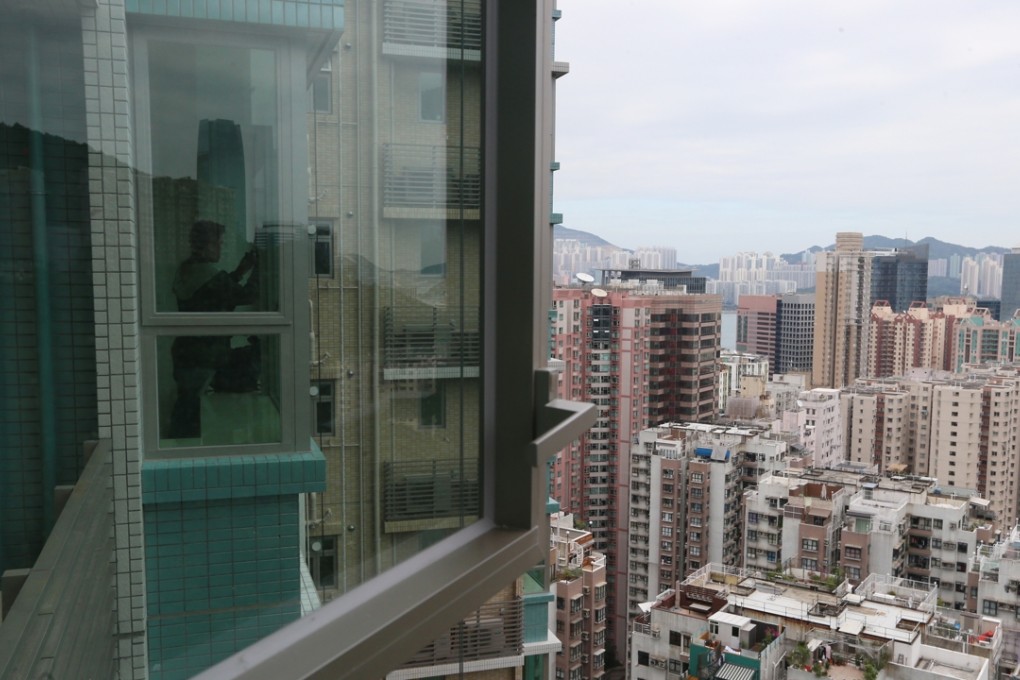Finally, Hong Kong’s housing policy is being built on solid foundations
Lau Ping Cheung says we should applaud, rather than moan about, the Leung Chun-ying government’s approach during the past three years, which has yielded much progress in tackling supply woes, with more to come

Unsurprisingly, Chief Executive Leung Chun-ying placed a heavy emphasis on housing in his fourth policy address. And, just as unsurprisingly, many are still pointing their fingers at him for the high property prices during his time in office, resulting in an endless wait for a proper home among the grass roots, and an ever-increasing number of people living in subdivided flats.
Acknowledging that the housing issue has been plaguing the city for decades, Leung said that “exorbitant property prices, high rentals, small living spaces, the proliferation of subdivided flats and record high [public rental housing] applications all tell us clearly that we must tackle the housing problem with resolve and perseverance.”
READ MORE: CY Leung’s policy address targets housing supply, the retired poor and attracting talent
Yet, those moaning about such issues may be missing the point: while prices remain high, there has been a palpable increase in housing and land supply, as Leung mentioned in his address. Prices and rents have also gradually dropped, thanks partly to economic uncertainty, which defies the conventional view that the only way for Hong Kong property prices is up.
Prices and rents have also gradually dropped, thanks partly to economic uncertainty
These ostensibly subtle changes are precisely what proves the resolve of the government in tackling the problem. The truth is that Leung has, since his inauguration, been leading a strategy for short-, medium- and long-term housing policies – the Development Bureau and Transport and Housing Bureau have been working hand in hand to increase land supply, and the result is the increase in housing.
In the coming five years, some 97,100 public housing units will be built, among which 20,400 will be subsidised flats for sale. Meanwhile, an estimated 87,000 private housing units will be built in the next three to four years, marking a high since September 2004. It is fair to say that positive results are evidence, after three years, of the efforts by the government.

READ MORE: Hong Kong officials eye residential development in Yuen Long for 85,000 people from 2026
In terms of mid- and long-term development, the government has resolved to increase land supply, not least by building a land bank , while pushing for further development of Northeast New Territories and North Lantau, reclamation work outside Victoria Harbour, as well as relocating public facilities underground.
The government has also put a strong focus on building a progressive housing ladder